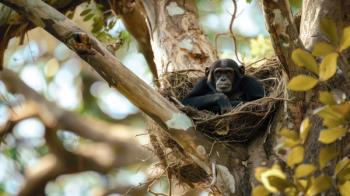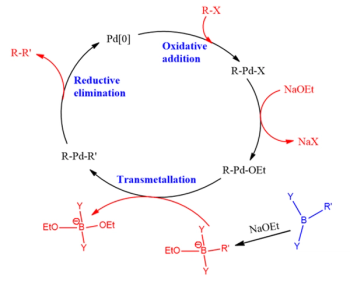
Two Tutorial Sessions and Keynote Session at ASMS 2023 Offer an Inside Look About Mass Spectrometry and Activism in Houston
The upcoming 2023 ASMS Conference will feature two concurrent tutorial sessions on Sunday, June 4, from 5:00–5:45 pm, along with a Special Keynote Section from 5:45–6:30 pm that will feature local activists from the Houston community.
The upcoming 2023 ASMS Conference will feature two concurrent tutorial sessions on Sunday, June 4, from 5:00–5:45 PM, along with a Special Keynote Section from 5:45–6:30 PM that will feature local activists from the Houston community. Topics will include mass spectrometry (MS) and its use in medicine, MS and its impact in anti-doping research, the trials and advances activists in Houston have faced, and more.
In Tutorial Session I, which will take place in Hall B3, will discuss the relationship mass spectrometry techniques have in the field of medicine. The talk will be led by Livia Eberlin of the Baylor College of Medicine.
Tutorial Session II will take place at the same time in Ballroom A. Led by Mario Thevis of the Institute of Biochemistry in the Center for Preventive Doping Research in German Sport University Cologne, this talk will discuss how anti-doping research efforts have been impacted using mass spectrometry techniques.
The Special Keynote Session will follow both Tutorial Sessions, taking place from 5:45–6:30 PM in Hall B3. This talk will be delivered by Jeremy Edwards, who is the chair of the Houston LGBTQ Advisory Board. Edwards’s talk, titled “Activism in Houston - Boots on the Ground: Progress & Challenges”, will go in-depth on the issues activists of all kinds have dealt with in and around the Houston metropolitan area, in addition to reflecting on what progress has been made in the general area and community.
Newsletter
Join the global community of analytical scientists who trust LCGC for insights on the latest techniques, trends, and expert solutions in chromatography.




